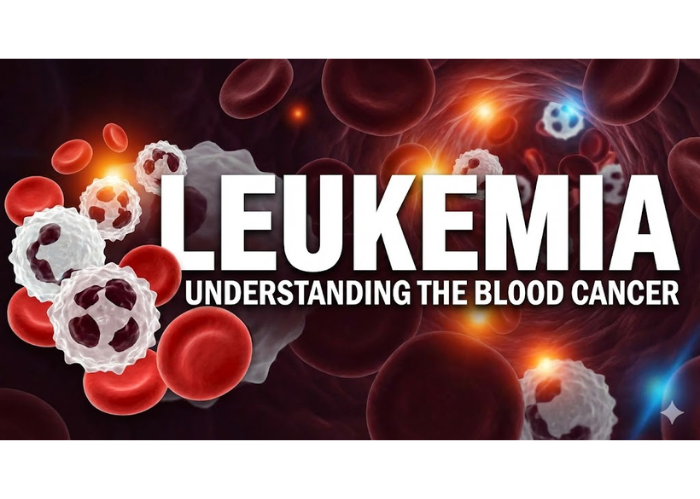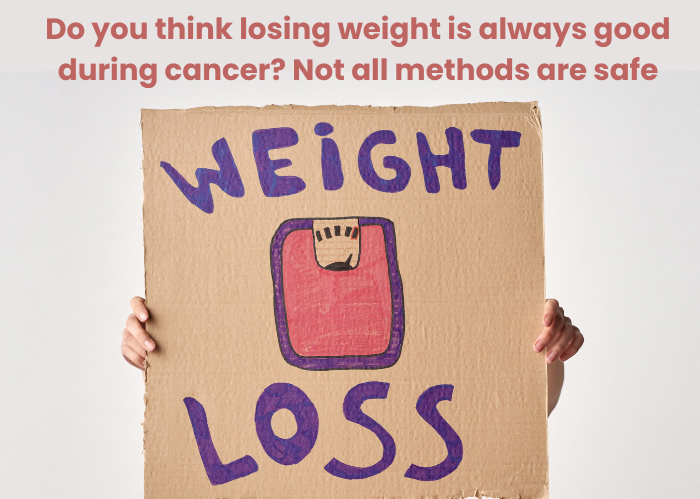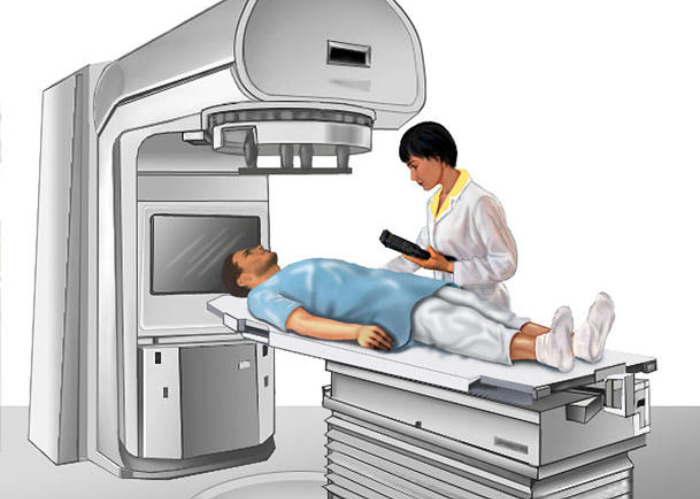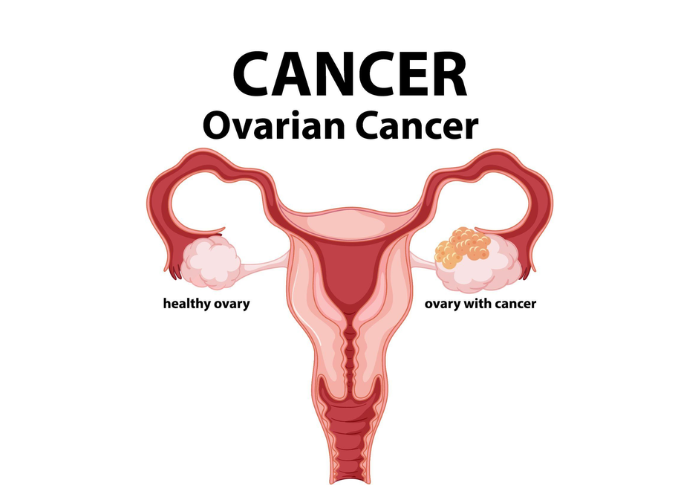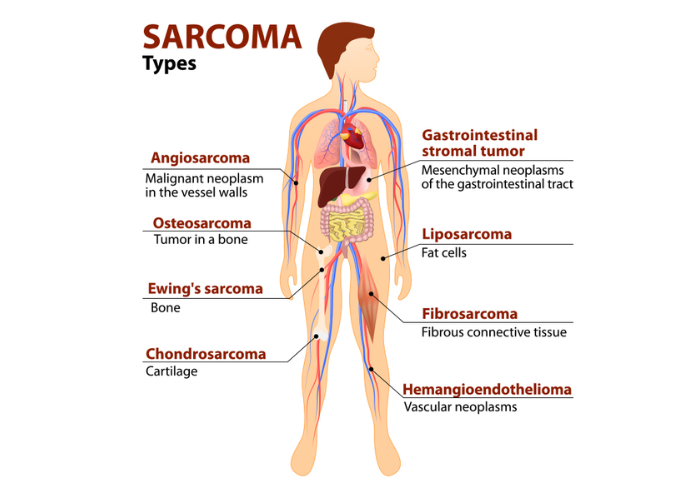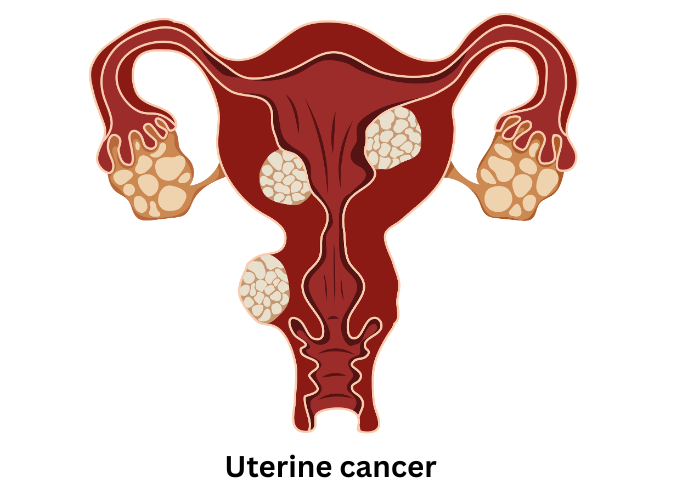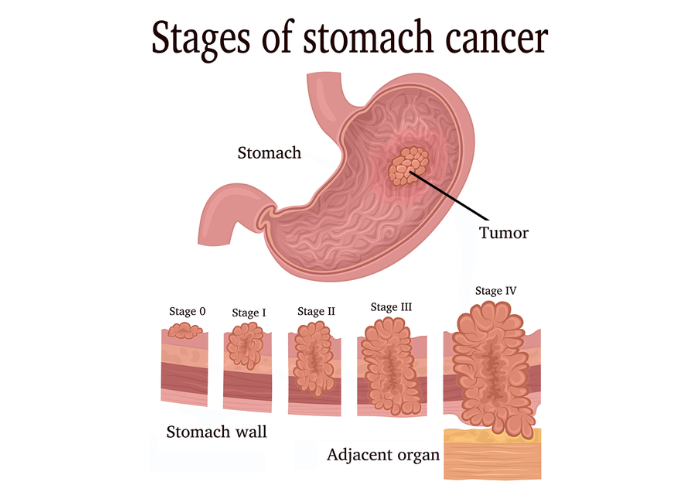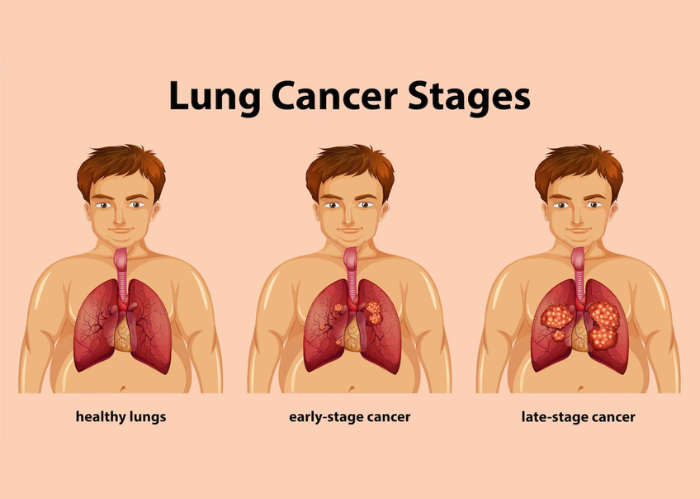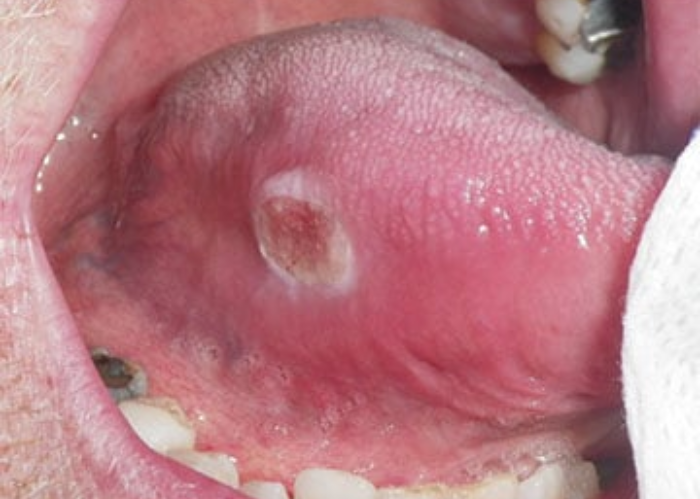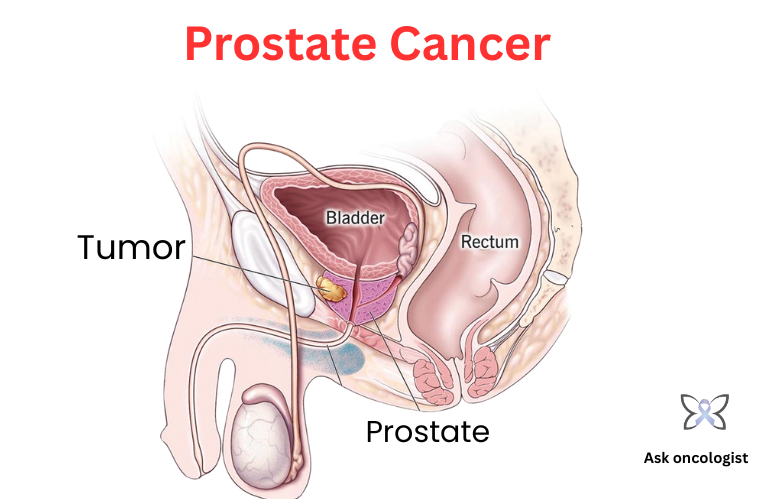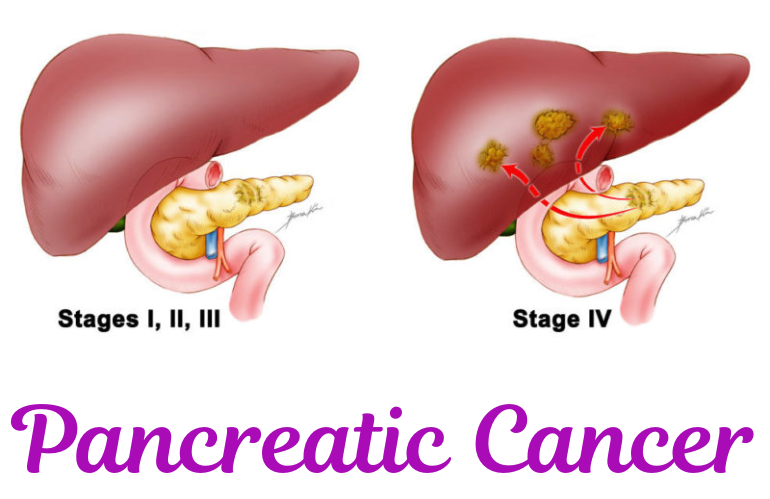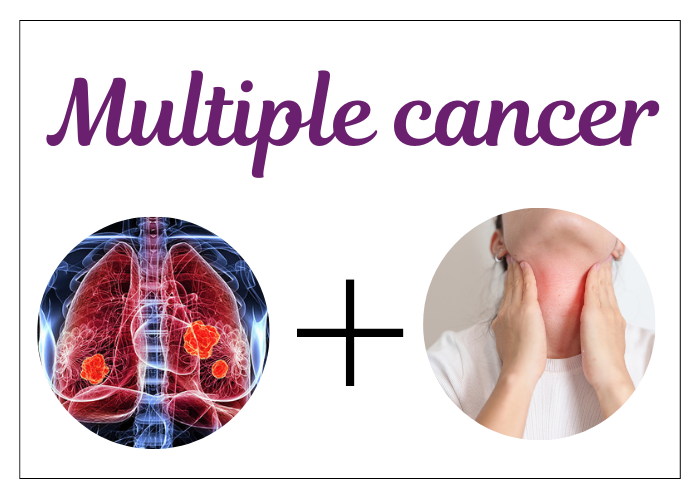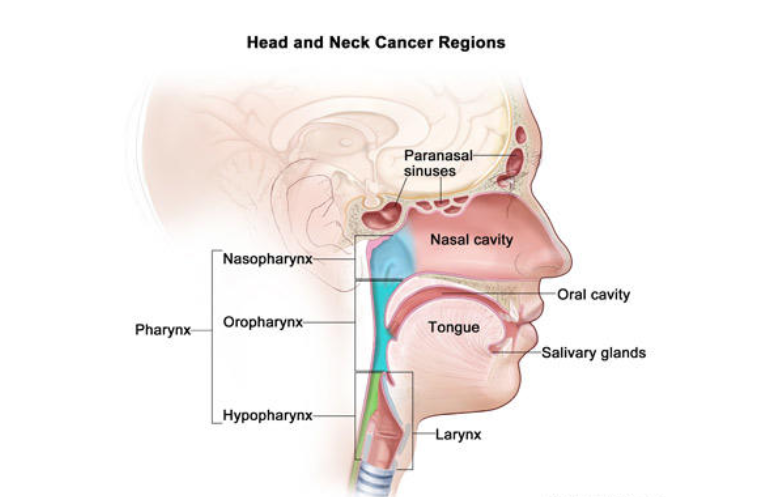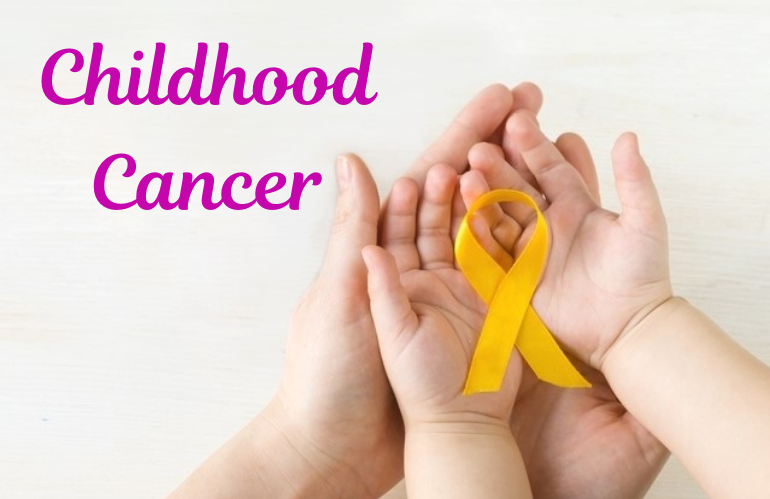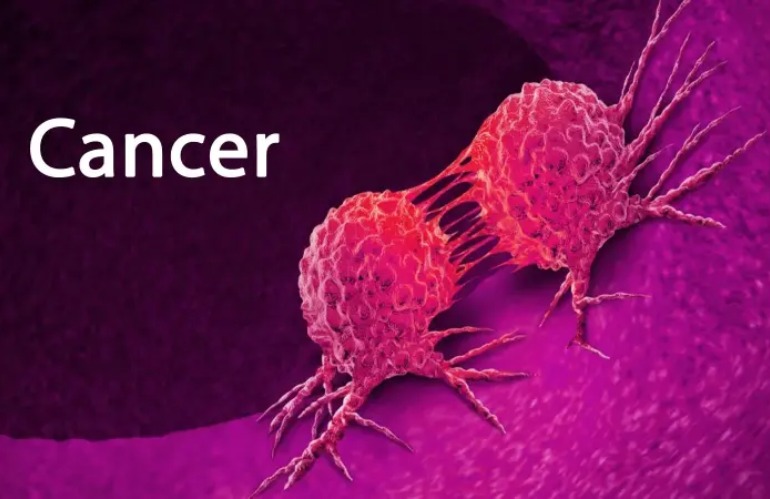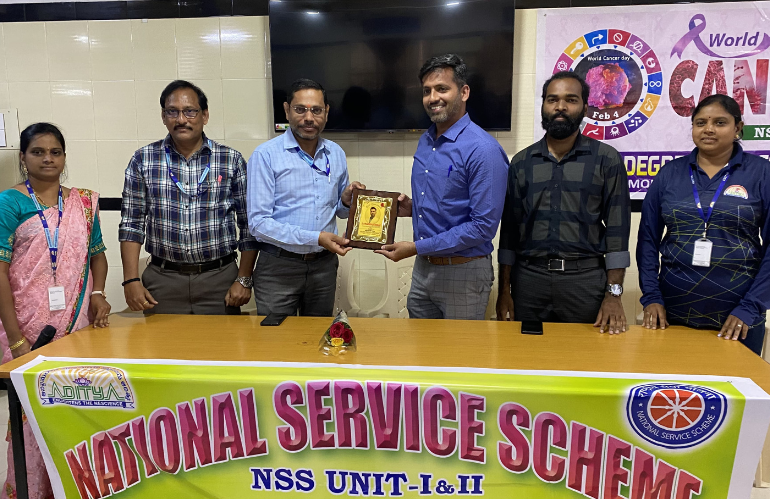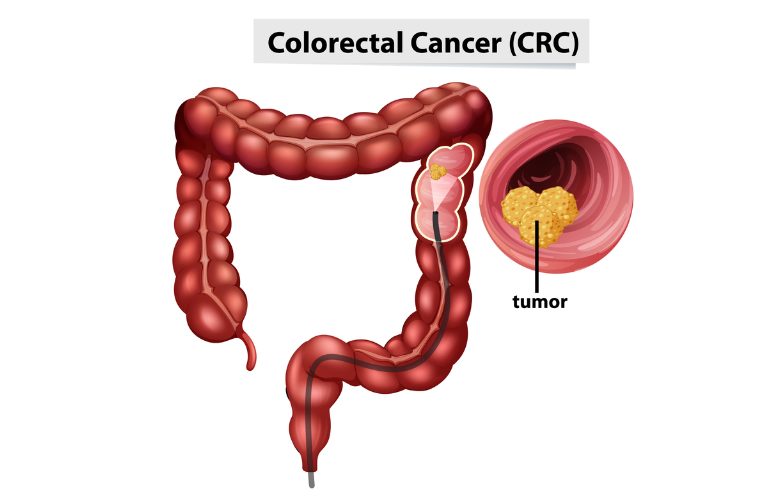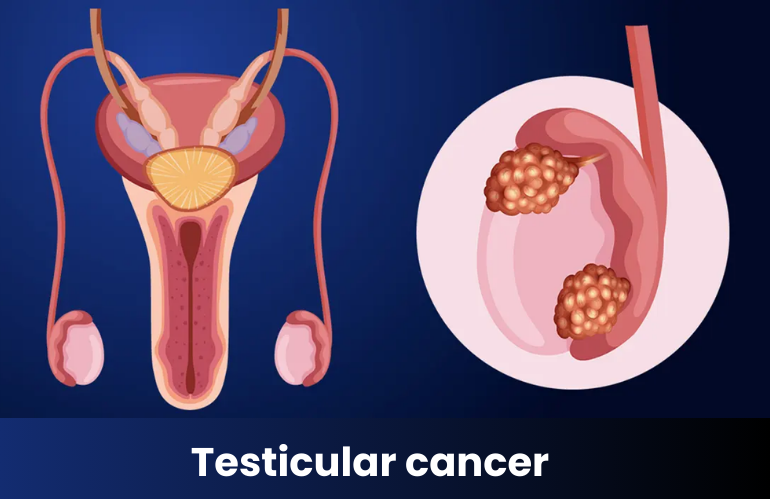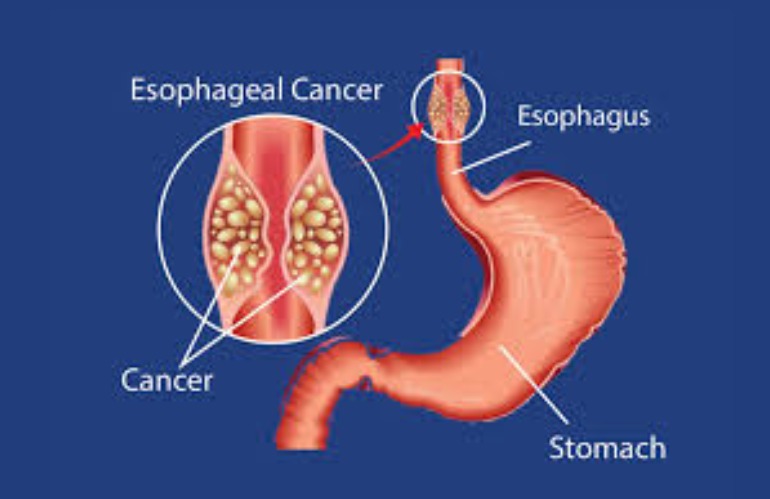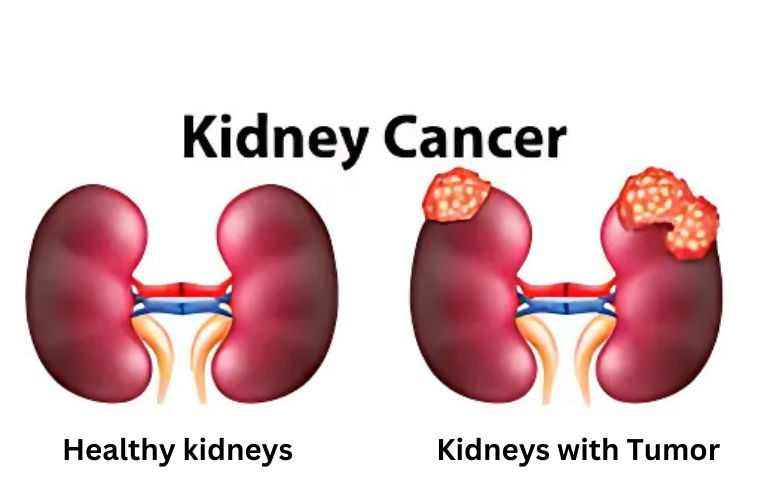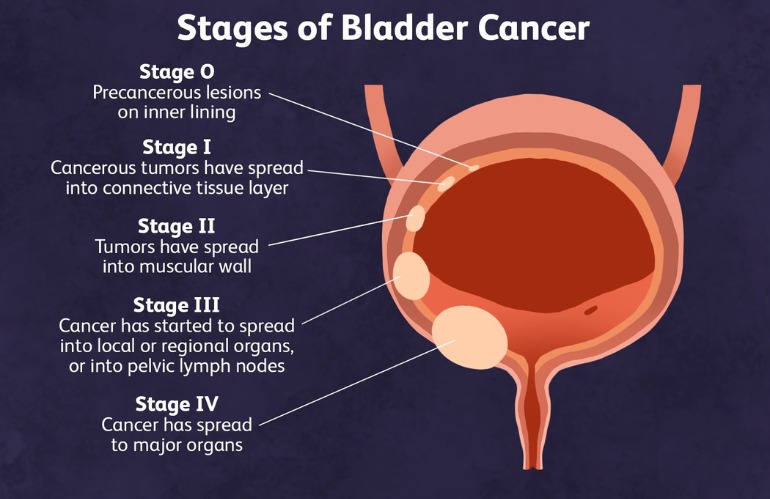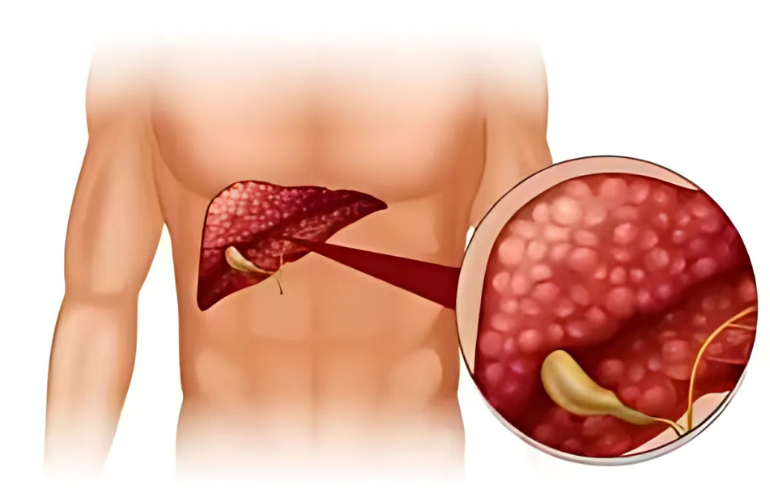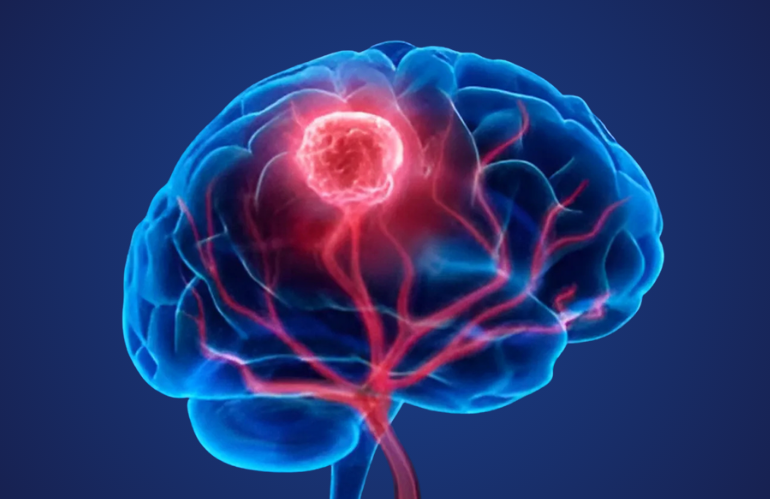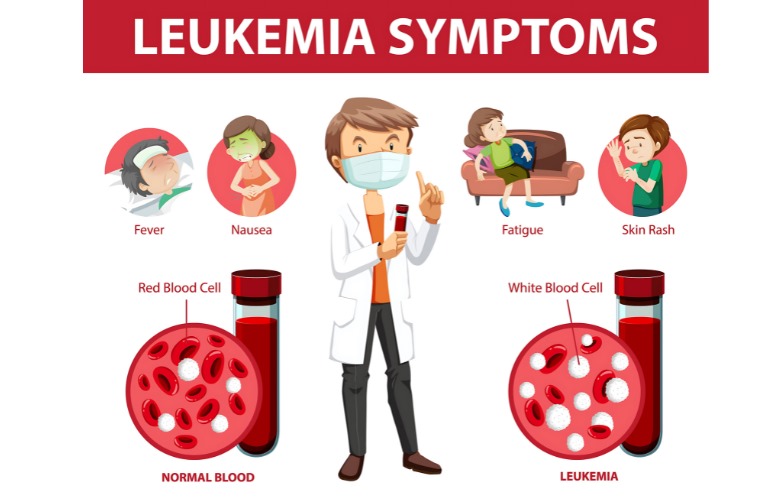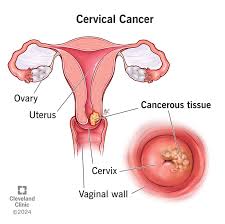Lung Cancer: Everything You Need to Know in Simple Words
Lung cancer is one of the most common and serious types of cancer worldwide—but don’t worry, this blog breaks it all down in a simple and clear way. Whether you’re here out of curiosity, concern, or to support a loved one, we’ll help you understand what lung cancer is, its symptoms, how it's diagnosed, and the best lung cancer treatment options available—including insights on the best cancer treatment in Kakinada and expert care from the best oncologist in Kakinada.
Overview
Lung cancer starts in the lungs—two sponge-like organs that help us breathe and keep our blood oxygen-rich. It often doesn’t cause lung cancer symptoms at first, which is why many people don’t realize they have it until it's in a more advanced stage. But catching it early can make a big difference, especially with advanced Cancer treatment in Kakinada now available.
What Is Lung Cancer?
Lung cancer happens when abnormal cells grow uncontrollably in one or both lungs. These cells don’t function like normal lung cells. Instead, they form tumors and interfere with the lungs’ ability to supply oxygen to the body.
What Are the Types of Lung Cancer?
There are two main types of lung cancer:
1. Non-Small Cell Lung Cancer (NSCLC)
- The most common type (about 85% of cases)
- Grows slower than small cell lung cancer
- Includes subtypes like adenocarcinoma and squamous cell carcinoma
2. Small Cell Lung Cancer (SCLC)
- Less common but more aggressive
- Spreads faster and is usually linked to smoking
If you or a loved one is diagnosed with either type, consulting the best cancer specialist in Kakinada can help determine the right treatment plan.
What Are the Most Common Types of Lung Cancer?
Adenocarcinoma is the most common type of lung cancer, often found in non-smokers. It starts in the outer parts of the lungs and grows slowly.
Squamous cell carcinoma usually develops in the central airways (bronchi) and is strongly linked to smoking.
Large cell carcinoma is a fast-growing type that can appear anywhere in the lungs and tends to spread quickly.
While these three types behave differently, they are all treated as NSCLC, with options like surgery, chemotherapy, or targeted therapy.
What Is Metastatic Lung Cancer?
Metastatic lung cancer means the cancer has spread beyond the lungs to other parts of the body—like the brain, bones, or liver. This usually happens in later stages and may require more aggressive lung cancer treatment, such as specialized chemotherapy doctor in Kakinada or targeted therapies.
Symptoms and Causes of Lung Cancer
Common Lung Cancer Symptoms:
- Persistent cough that doesn’t go away
- Chest pain
- Shortness of breath
- Coughing up blood
- Unexplained weight loss
- Fatigue
Causes of Lung Cancer:
- Smoking (leading cause)
- Secondhand smoke exposure
- Exposure to radon, asbestos, or air pollution
- Genetic mutations
How Is Lung Cancer Diagnosed?
If you experience persistent lung cancer symptoms, doctors may recommend:
- Imaging tests (X-rays, CT scans)
- Biopsies (tissue sample testing)
- Blood tests
Early diagnosis improves survival rates, and facilities offering affordable cancer treatment in Kakinada can provide accessible care.
Lung Cancer Treatment Options
Treatment depends on the type and stage but may include:
- Surgery – Removing the tumor (if localized)
- Radiation Therapy – Targeting cancer cells with high-energy beams
- Chemotherapy – Drugs to kill cancer cells (administered by a chemotherapy doctor in Kakinada)
- Targeted Therapy & Immunotherapy – Advanced treatments to boost the immune system
For those seeking the best oncology treatment in Kakinada, specialized hospitals offer personalized care with modern therapies.
Side Effects of Treatment
Common side effects include fatigue, nausea, and hair loss, but these can be managed with support from your medical team.
In Summary
Lung cancer is a serious illness, but it’s not without hope. Early detection, advanced treatments, and a proactive mindset can make a big difference. Whether you’re a smoker, a non-smoker, or someone who’s simply looking for information—being informed is the first step to being empowered.
If you or a loved one are experiencing symptoms or fall into a high-risk category, don’t wait. Ask questions, get screened, and stay proactive about your health.
For personalized guidance or consultation, feel free to reach out to me through Best Oncologist in Kakinada – Dr. K. Pradeep Bhaskar


